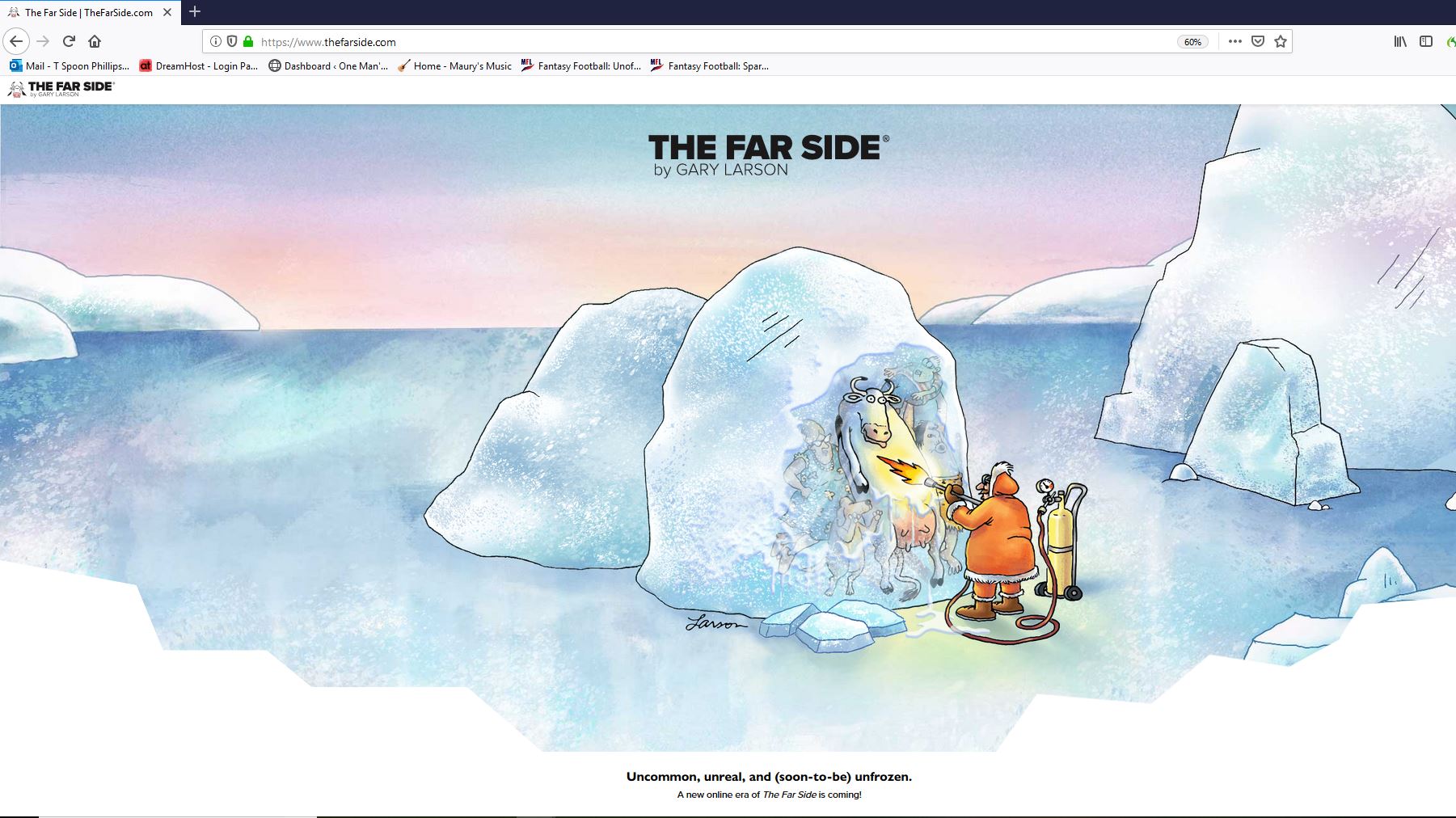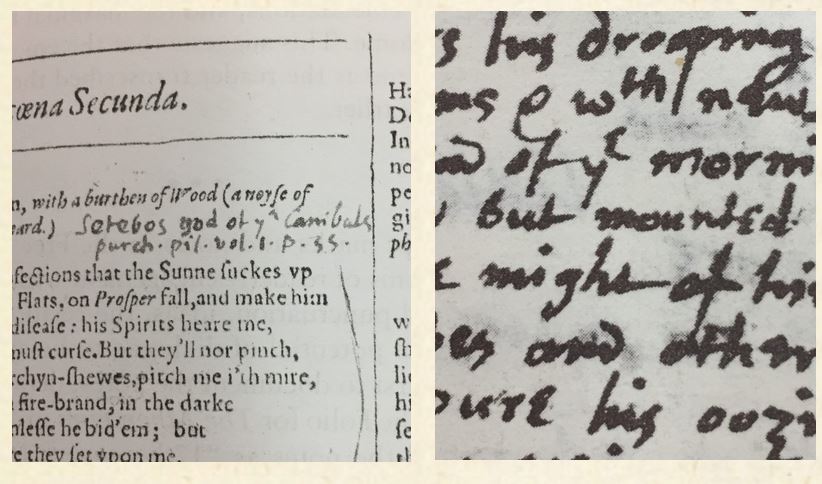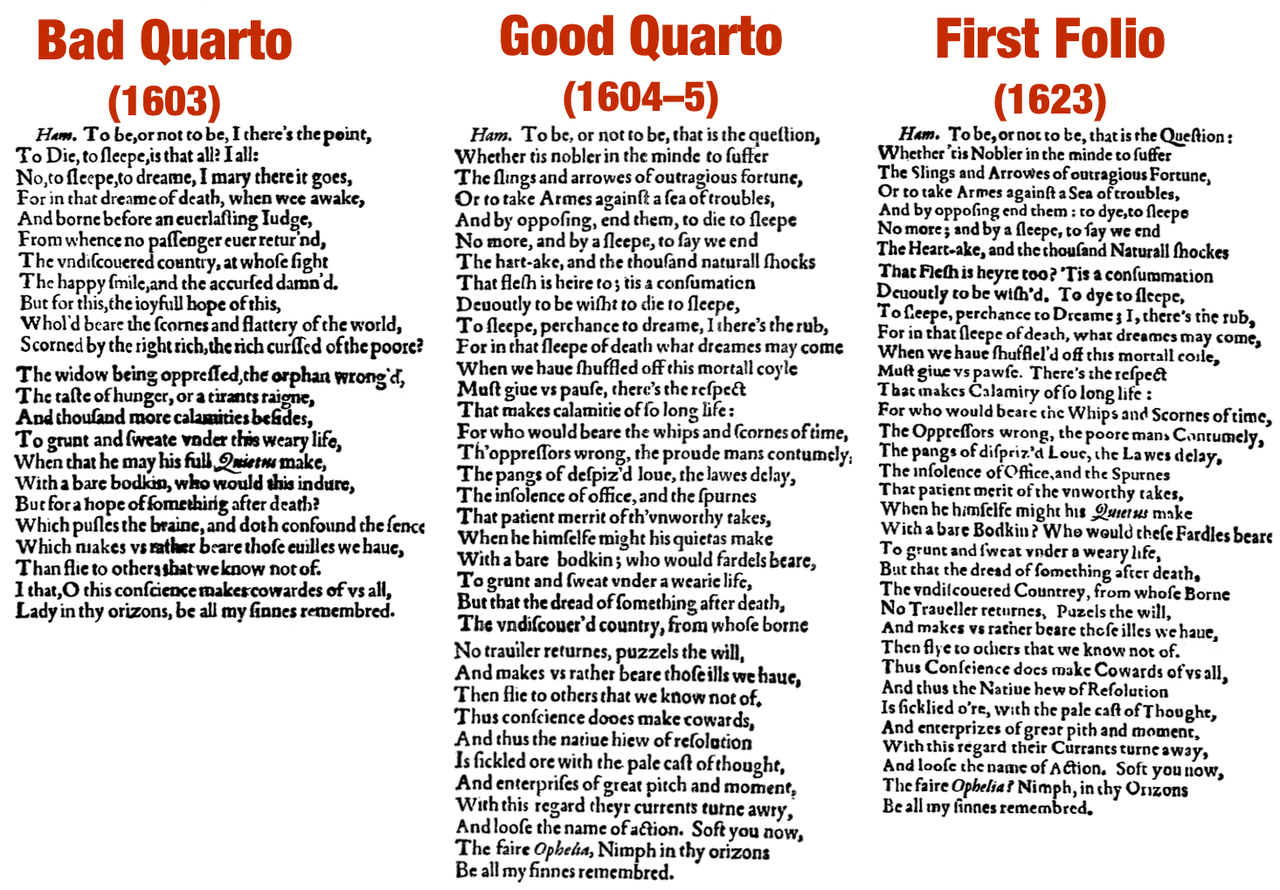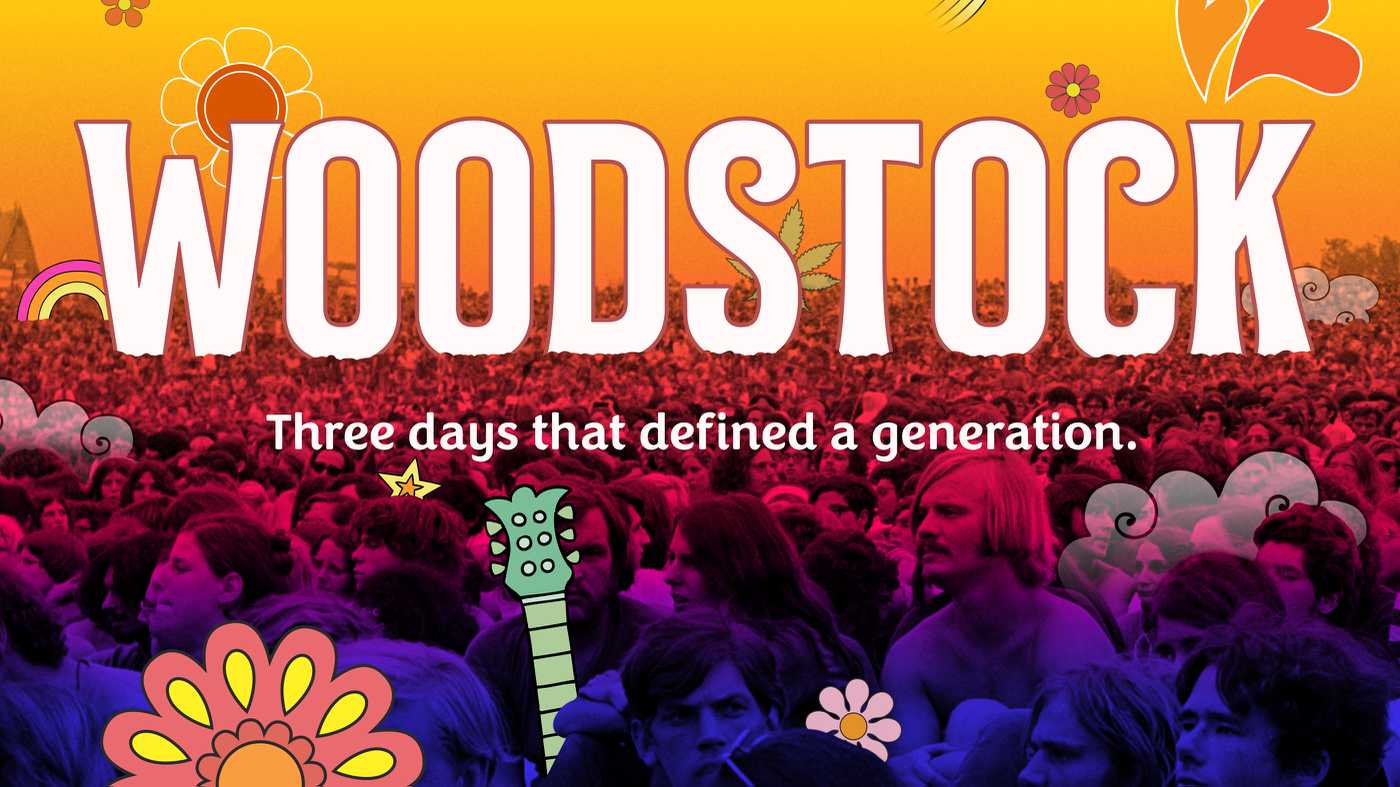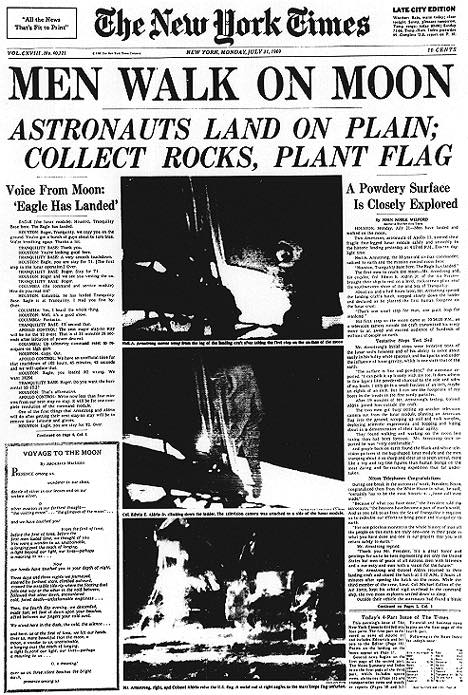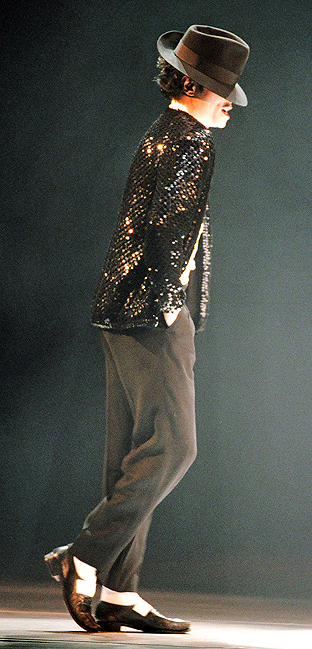Author: one man
Three-Captain Mashup
“Yeah, yeah, yeah, yeahhhhh!”
This is pretty darn clever and very funny, if you are familiar with the references here displayed.
First, the words “I’m your captain” come from a 1970 Grand Funk Railroad song of the same name, still played frequently on Classic Rock radio.
But the photo shows the body and guitar of Jerry Garcia, of the Grateful Dead, known to his fans as Captain Trips, because of that band’s association with Sixties LSD culture and the musical genre known as Acid Rock.
But the head belongs to actor Bob Keeshan, known to America as Captain Kangaroo, the host of a children’s television program that ran from 1955 to 1984.
Depending upon your age, you may not remember Captain Kangaroo.
He most-beloved by most American children. The Walter Cronkite of the pre-schooler set.
But then, if you don’t know Captain Kangaroo, you may not know much about “Uncle Walter.”
Walter Cronkite was once “the most trusted man in America,” trusted by the American people even more than the President of the United States, at a time when that was really saying something.
And during his tenure as the face of American journalism, America went from the idealism of towering figures like Eisenhower and Kennedy to the tarnished figure and flawed ambition of Nixon, who still seems a giant of international diplomacy and political savvy compared to the abysmal abomination we are left with today.
As for Captain Trips, you may not remember him very well either, if all of this is new to you.
But when it comes to far out trips of a musical nature, few compare with the free-form composition “Dark Star,” from the 1960s, it is here performed in the late ’70s.
But that is a bit much, I have included another video below, of a somewhat more conventional medley performed around the same time.
Peace
Now see? Isn’t that meme funny?
Milton on Shakespeare? Literally!
Milton’s hand-annotated copy of Shakespeare’s First Folio found in Pennsylvania
Wishful thinking? Or the real deal?
As announced on 9 September in the blog for the Centre for Material Texts at Cambridge (England,) it has been discovered that the First Folio of William Shakespeare’s works housed at the Free Library of Philadelphia (Pennsylvania) may have once belonged to John Milton, the other immortal lion of English literature, who was 7 years of age when the Bard of Avon died. If confirmed it is one of the greatest discoveries of its kind.
A paradise of Shakespearean scholarship lost but now found?
This classic British detective story begins with an article written by an American college professor, Claire M. L. Bourne, of Penn State University, which appears in the 2019 volume, Early Modern English Marginalia. CMT Director Jason Scott-Warren was impressed with Bourne’s analysis of “highly unusual” annotations left by a writer of exceptional learning who was obviously familiar with Shakespeare’s literary sources, as well as versions of his plays published individually before and just after his death in 1606. The physical evidence suggests the handwritten notes were added between 1625 and 1660.
But the evidence that made Scott-Warren guess the hand was the same that wrote Paradise Lost was purely palaeographical – it looked like Milton’s handwriting.
He goes on to provide photographic comparisons between writing in the Folio and writing in other books believed to have belonged to Milton.
Scott-Warren is quick to downplay his discovery as possible wishful thinking. But he adds postscripts saying he has received support by various scholars who are convinced he is correct. And he includes additional hi-res photography provided by Associate Professor Bourne in support of his hypothesis.
But I feel the contextual evidence is also compelling. Who other than Milton would have corrected the printer’s spelling of an obscure herb with the spelling found in Milton’s nephew’s book?
“If this book is what I think it is, it’s quite a big deal, …” Jason Scott-Warren allows himself to admit with typical English reserve, “… since Shakespeare was, as we know, a huge influence on Milton. The younger poet paid tribute to his forebear in an epitaph published in the Second Folio of 1632, in which he testified to the ‘wonder and astonishment’ that Shakespeare created in his readers.”
The Free Library of Philadelphia’s Book Department also owns copies of the Second, Third, and Fourth Folios, which were published in later years and include other plays attributed to Shakespeare, although all but one, Pericles, Prince of Tyre, have been disqualified by modern scholarship. The Second Folio even contains a poem now assigned to Milton. The Library’s folios are all in the original bindings and were donated in the 1940s by a philanthropic family who had made similar lavish donations to that same institution since the late 1800s.
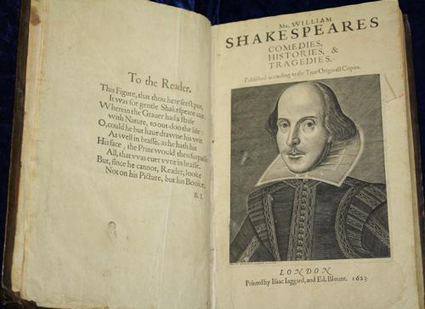 |
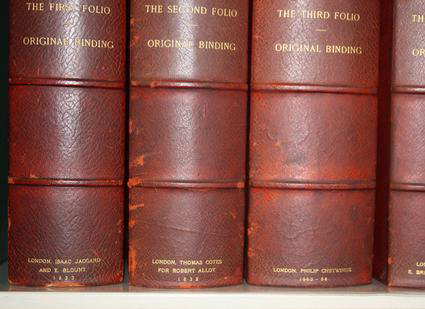 |
Mankind was fortunate that Shakespeare’s fellow actors collected and published the plays of the First Folio seventeen years after his death, as eighteen of these important works might otherwise have been lost to history.
It is also interesting how many of these plays were published previously in smaller volumes, called quartos because the sheets of paper are printed with four pages on each side before being cut to fit into the binding. Some quartos are considered legitimate, and some are counterfeits put out at a time when the playwright’s work was considered exclusive property that one must pay to see performed.
photo: Wikipedia
And Milton, if he is the annotator in question, was familiar with some of these texts and includes references or entire passages not printed in the First Folio. Whoever they were, they knew their Shakespeare cold.
After the blog post appeared, many other scholars have come forward in support of this new discovery. From the Guardian:
“Not only does this hand look like Milton’s, but it behaves like Milton’s writing elsewhere does, doing exactly the things Milton does when he annotates books, and using exactly the same marks,” said Dr Will Poole at New College Oxford. “Shakespeare is our most famous writer, and the poet John Milton was his most famous younger contemporary. It was, until a few days ago, simply too much to hope that Milton’s own copy of Shakespeare might have survived — and yet the evidence here so far is persuasive. This may be one of the most important literary discoveries of modern times.”
And that is pretty darn cool.
Read Jason Scott-Warren’s revelatory blog post HERE
Suggested Reading:
Merlin Fragments Discovered – predate known English versions
Directors Discuss Tennessee Williams, America’s greatest playwright
Woodstock 1969 on PBS
American Experience: Woodstock – Three Days That Defined a Generation on PBS
This is an excellent documentary
Last night I watched this documentary on the Apple TV PBS app, which has a lot of free things to watch, as well as many more things to watch if you are a PBS Passport member.
It is being aired on Sunday, August 17 at 3PM on my local PBS station in New York City. Check your own local listings!
This is particularly good for people who do not know that much about the Woodstock music festival, but it is also good for people who think they know a lot about the event.
It makes a wonderful 90 minute primer for anyone who wants to go on to watch thing Oscar-winning documentary from 1970 that focused on the musical performances. This American Experience episode focuses more on how the festival came to be, the many obstacles facing the organizers, the many issues faced by all concerned throughout the event, and many first hand accounts with much previously unseen footage of the people who met as a temporary city, “half a million strong,” and left part of a world that would never be the same.
Given the horrifying trends of selfishness, bigotry, and greed plaguing America today, from the highest office in the land down to its smallest communities, it is refreshing to be reminded that the enlightened spirit love and peace that burst upon our collective society fifty years ago this weekend still lives in many hearts across the land, even if they are currently being shouted down and drowned out by the forces of hatred and violence.
I had tears in my eye at the end of the program, for what once was, and what may yet be, and so much that has been wasted on the way.
Check it out on PBS.
https://www.pbs.org/wgbh/americanexperience/films/woodstock/
Woodstock Concert Broadcast on Anniversary
Entire Woodstock Concert “As it Happened”
WXPN Philadelphia 8/15 – 8/18 – Available On-Line
Thankfully, the 50th Anniversary of the Woodstock Music and Art Fair aka An Aquarian Exhibition: 3 Days of Peace, Love, and Music starts on a Thursday, rather than a Friday as it did in 1969. This means the final act, Jimi Hendrix, will air at 9 a.m. on Sunday morning, rather than on a Monday.
After all these years, I am shocked to learn the audio from the ENTIRE Woodstock concert has been preserved, and will be broadcast in its entirety, in order, at the same time of day. I had assumed many of the lesser-known acts were either never documented, or were left on the cutting room floors over all the years of released and re-released material.
I guess it is too much to hope that I can figure out how to record the many acts I will be sleeping through.
Broadcast Schedule –
Thursday, August 15: 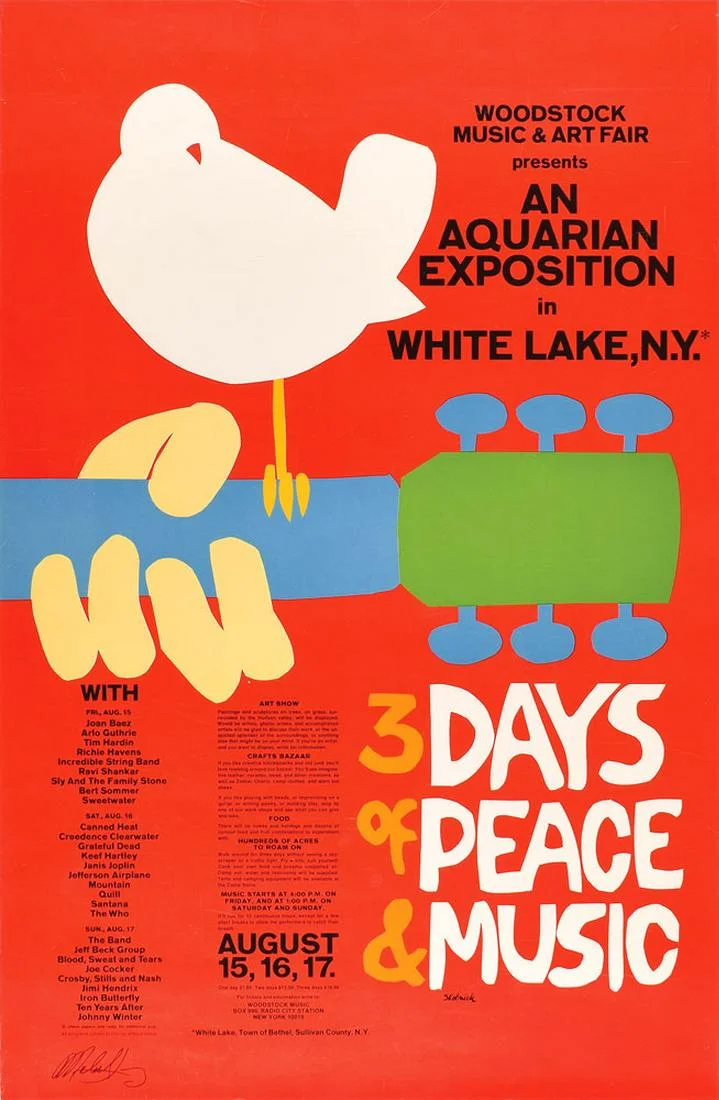
5:07 p.m. — Richie Havens
7:10 p.m. — Swami Satchidanadna
7:30 p.m. — Sweetwater
8:30 p.m. — Bert Sommer
9:20 p.m. — Tim Hardin
10:20 p.m. — Ravi Shankar
11:20 p.m. — Melanie
11:55 p.m. — Arlo Guthrie
Friday, August 16:
12:55 a.m. — Joan Baez
12:30 p.m. — Quill
1:20 p.m. — Country Joe McDonald
2 p.m. — Santana
3:30 p.m. — John B. Sebastian
4:45 p.m. — The Keef Hartley Band
6 p.m. — The Incredible String Band
7:30 p.m. — Canned Heat
9 p.m. — Mountain
10:30 p.m. — Grateful Dead
Saturday, August 17:
12:30 a.m. — Creedence Clearwater Revival
2 a.m. — Janis Joplin
3:30 a.m. — Sly & The Family Stone
5 a.m. — The Who
8 a.m. — Jefferson Airplane
2 p.m. — Joe Cocker
6:30 p.m. — Country Joe & The Fish
8:15 p.m. — Ten Years After
10 p.m. — The Band
Sunday, August 18
12 a.m. — Johnny Winter
1:30 a.m. — Blood, Sweat & Tears
3 a.m. — Crosby, Stills, Nash & Young
6 a.m. — The Butterfield Blues Band
7:30 a.m. — Sha Na Na
9 a.m. — Jimi Hendrix
Moonwalker
A Thriller of a Moonwalk
And yet how soon we forgot the significance of the Moonwalker
In the late 1990s I was directing a play in New York City with a cast of some six or eight actors, all in their twenties. The action was set across the 1960s and beyond. And part of the plot included a young co-ed having an affair with one of her professors.
I had remarked to the cast that there had come a time when I vowed to myself that I would never date a girl who was born after the Moonwalk.
One of the cast members immediately responded, “Oh I remember that! My mom got me out of bed to watch it.” And a general murmur went around in agreement of the shared experience.
She was referring to Michael Jackson’s backwards stroll in 1983, on some Motown anniversary TV show. And it turned out every actor in the room was thinking of the same performance.
It did not occur to one person that I was referring to what is arguably the most significant achievement in the history of human endeavor since the invention of writing or arithmetic.
And not one of them was aware that Michael Jackson didn’t invent the shuffling dance steps with which he is now and forever associated. Similar versions of it had been captured on film or video from Cab Calloway in the 1930s to James Brown in the 1980s. Names they had heard of but really had no idea who they might refer to.
Even the name “moonwalk” for such a dance move appears to have originated in a 1969 episode of Sid and Marty Kroffts’ Saturday morning children’s TV show H. R. Pufnstuf.
I am glad the 50th Anniversary of Apollo 11 has brought attention to the magnificent achievement of all involved, and reminded or enlightened people today of the astounding limitations of science and engineering at the time it all took place. But I perceive how it matters much more to those who were alive when it happened than those who were not.
But that is just the way it goes, in this nation at least.
I also remember directing a different play with a different cast, and having to explain significant historical events relating to the Civil Rights Movement to a group of African-American actors who had no idea who Medgar Evers was or even Malcolm X, although these college-educated young adults had heard the name. Dr. King of course they knew, but not with much intimacy.
But then, I had always been saddened and appalled by how ignorant many American actors are about history, even the immediate history of their own era. And they tend to need to know about history for professional reasons more than most other Americans.
It has since become obvious that many Americans are just as appallingly ignorant of history, geography, and so on, and probably more so. Even worse, the complete lack of critical thinking that once upon a time had to be mastered to get anywhere near a Master’s degree, seems to have been purposely removed from university requirements.
How can we expect our citizens to make informed decisions if they are so uninformed, or do not understand the important differences between decisions based upon knowledge acquired through verifiable and empirical evidence, and believing whatever sounds good to one’s prejudiced desires?
How can we expect our citizens to recognize the warning signs of Fascism if they do not even remember what it was, or even understand what the word actually means?
(Fascism has no inherent connection to things like White Supremacy, Racism, or Antisemitism, even if it appeals to many of their practitioners.
According to Giovanni Gentile, the philosophical father of modern Fascism, it is defined as the marriage of corporate and government power, where the industrial corporations have the power to regulate themselves and the rights and wages of their workers, with the government enforcing and protecting corporate power, and profiting from placing the needs of the corporations above all other things.
In practice, this was achieved by replacing the power of democratic majority rule with a political ruling class who do not have to obey laws in the same way as the basic citizen. Sound familiar?)
Oxford English Dictionary Word of the Day
Your word for Sunday 21st July is: moonwalker, n.
moonwalker, n.
[‘A sleepwalker. rare—0.’]
Pronunciation: Brit. /ˈmuːnˌwɔːkə/, U.S. /ˈmunˌwɔkər/, /ˈmunˌwɑkər/
Origin: Formed within English, by compounding. Etymons: moon n.1, walker n.1
Etymology: < moon n.1 + walker n.1 In sense 1 after moonwalking n. In senses 2 and 3 after moonwalk n.
- A sleepwalker. rare—0.
1950 Webster’s New Internat. Dict. Add. Moonwalking, sleepwalking outdoors in bright moonlight.—Moonwalker.
- A person who walks on the moon; an astronaut.
1969 Times 3 June (Suppl.) p. iii/1 The two moon-walkers will be in the lunar module’s upper, or ascent stage.
1994 Guardian 1 July ii. 28/1 If..lunar voyages had become commonplace, the moonwalkers themselves would seem no more exotic now to the rest of us than Concorde pilots.
2007 G. Heiken & E. Jones On Moon 456 All of the moonwalkers adapted to lunar gravity quickly and easily.
- A person who performs the moonwalk (see moonwalk n. 2).
1986 Chicago Tribune(Nexis) 23 Feb. vii. 6/1 Singer Michael Jackson and his brothers backed into a neighborhood moonwalker in the 1984 Pepsi commercials.
1988 M. Jackson(title of film) Moonwalker.
1993 Sports Illustr.(Electronic ed.) 27 Sept. Then he tosses an 18-yarder to Michael Jackson—the wideout, not the moonwalker.
1999 Herald (Glasgow)(Electronic ed.) 25 Nov. It will not be the first time the dancing moonwalker has appeared in front of the cameras. Jackson gave film a go in 1978 when he appeared as a scarecrow in The Wiz.
